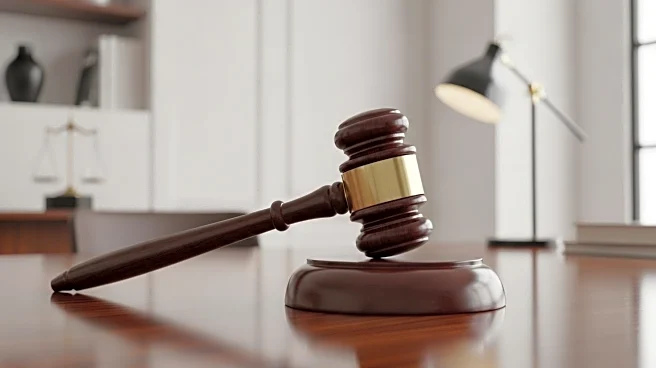What is the story about?
What's Happening?
Mark S. Zuckerberg, a U.S. lawyer specializing in bankruptcy law, has filed a lawsuit against Facebook, claiming repeated account suspensions due to mistaken identity with Facebook's founder, Mark E. Zuckerberg. The lawyer's account has been disabled five times over the past eight years, allegedly costing him thousands in lost business. Despite providing identification to verify his identity, Facebook accused him of impersonating a celebrity. The lawsuit, filed in Marion Superior Court, seeks compensation for advertising fees and business losses. Meta has reinstated his account, acknowledging the error and promising to prevent future occurrences.
Why It's Important?
This legal action underscores the potential pitfalls of automated moderation systems on social media platforms, particularly for individuals with names similar to public figures. The case highlights the financial and professional risks associated with account suspensions, which can disrupt business operations and client communications. It also raises concerns about the adequacy of Meta's identity verification processes and the company's accountability in handling such errors. The outcome could influence future policies on identity verification and account management, impacting users globally.
What's Next?
The lawsuit will proceed in court, where the lawyer seeks restitution for lost advertising costs and business disruptions. Meta's response and any potential legal rulings could lead to changes in how social media platforms manage identity verification and account suspensions. The case may prompt Meta to review its moderation systems and implement more robust identity checks to prevent similar issues.
Beyond the Headlines
This situation highlights broader issues of privacy and identity management in the digital realm. It raises ethical questions about the balance between automated systems and human oversight, and the responsibilities of tech companies to protect users from identity-related errors. The case could spark discussions on the need for improved identity verification processes and potential legal reforms to address such challenges.















